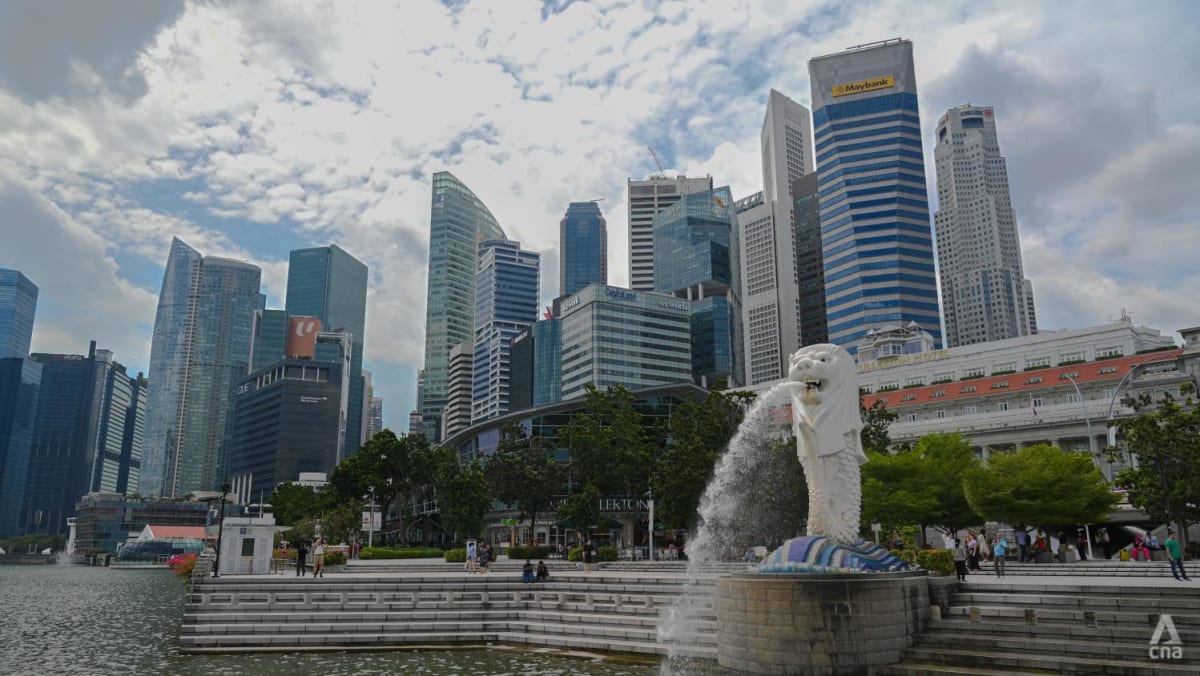
TOP-UP TAX FOR LARGE FIRMS
Mr Wong also announced that Singapore intends to implement a domestic top-up tax for large multinational enterprises (MNEs) from 2025.
The minister had mooted the possibility of a “top-up” tax last year, as Singapore mulls adjustments to its corporate tax system in response to changes in global tax rules as a result of the Base Erosion and Profit Shifting (BEPS 2.0) initiative.
BEPS 2.0, a plan led by the Organisation for Economic Co-operation and Development with the aim of curtailing profit shifting by multinational companies to lower-tax jurisdictions, has two pillars.
The first is to ensure firms pay taxes in countries where they earn their profits, regardless of whether they have a physical presence. The second involves setting a minimum corporate tax rate of 15 per cent for large MNEs with consolidated annual revenues of 750 million euros or more.
Currently, Singapore’s headline corporate tax rate is at 17 per cent but the effective tax rate of many businesses may be lower than that, or even the proposed global minimum, due to tax incentives awarded to those seen as beneficial to the country’s economic development, experts have said.
Mr Wong said BEPS 2.0 will affect Singapore’s corporate tax system.
He noted that some key parameters of pillar two under BEPS 2.0 have only been finalised this year, while others remain under discussion at the international level.
Many jurisdictions have not announced their implementation plans yet. Those that have include the European Union, which recently made known its plans to implement pillar two in phases starting effectively from 2024. Others like the United Kingdom and Switzerland have also announced their intention to do the same.
The full effects of these rules will “only be felt in 2025 or later”, Mr Wong said, citing the progressive implementation.
He added that Singapore intends to implement pillar two from 2025, as part of the broader international move to align minimum global corporate tax rates for large MNE groups.
When it does so, a domestic top-up tax – one that will top up the MNE groups’ effective tax rate in Singapore to 15 per cent – will be implemented.
At the same time, the Government will review and update its broader suite of industry development schemes to ensure that Singapore remains competitive in attracting and retaining investments, said Mr Wong.
He also said that as developments on BEPS 2.0 are “fluid”, authorities will continue to monitor international developments and adjust its implementation timeline if there are additional delays.
“We will continue to engage companies and give them sufficient notice, well ahead of any changes to our tax rules or schemes,” said Mr Wong.
